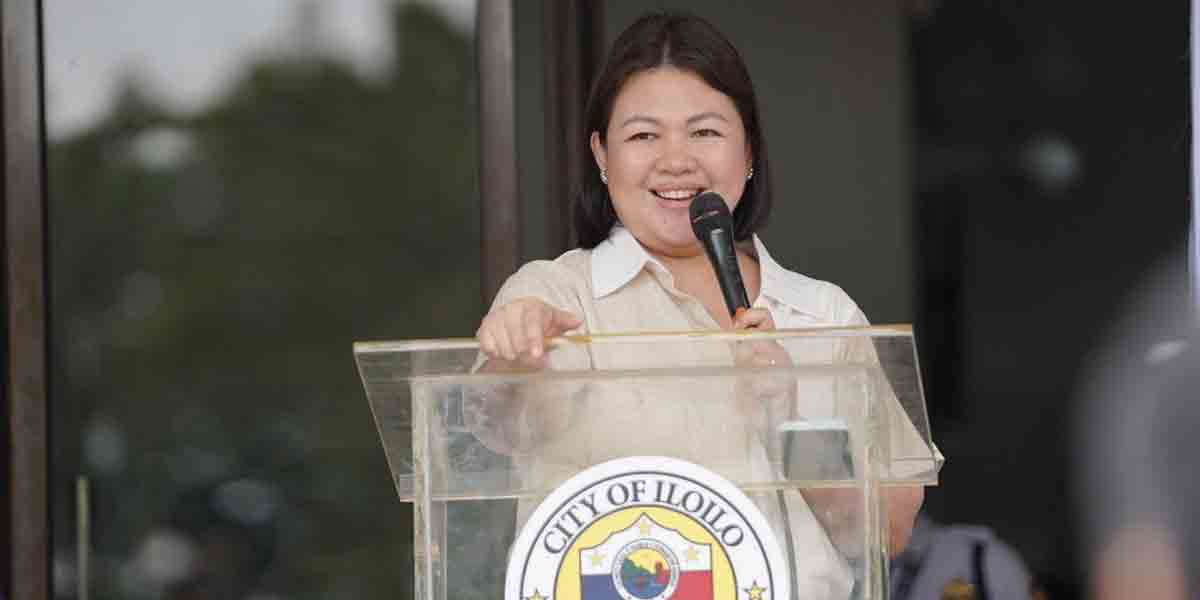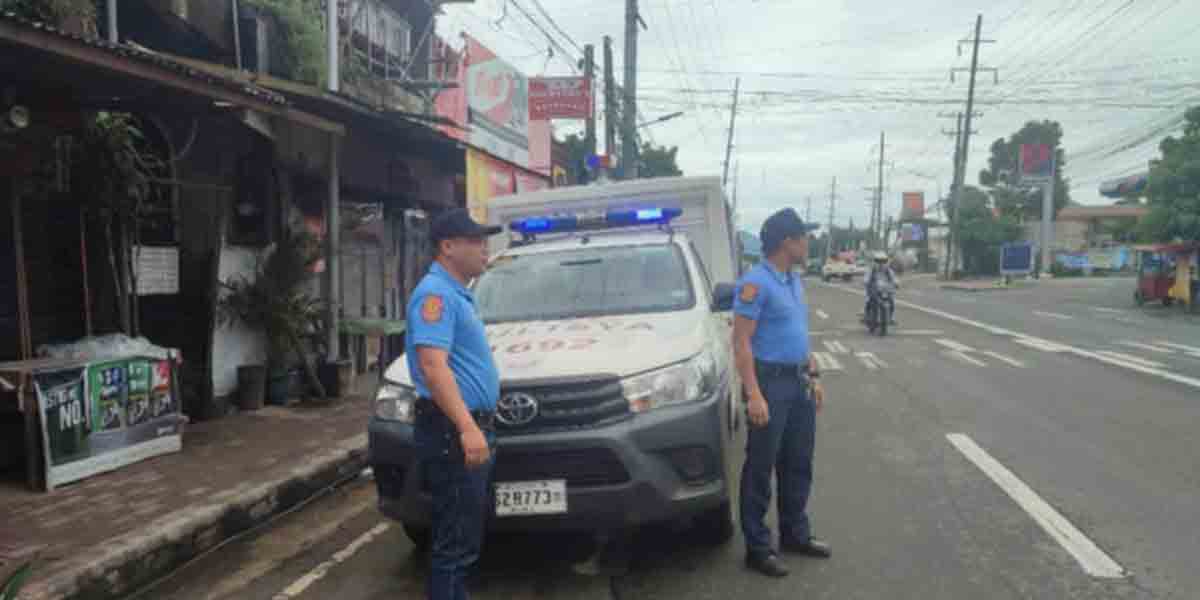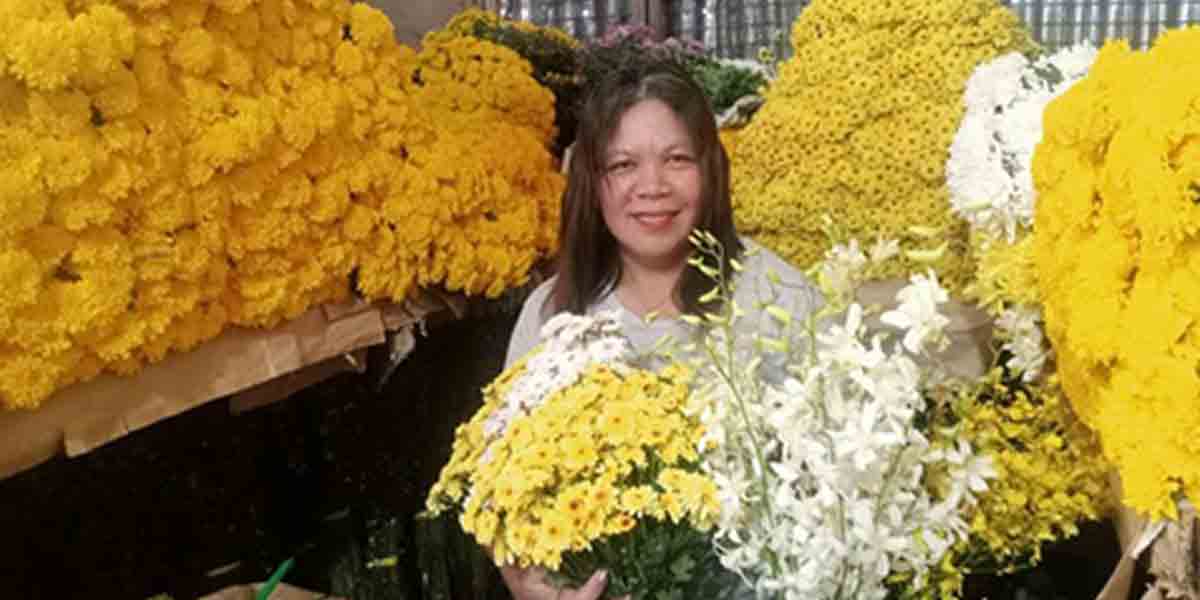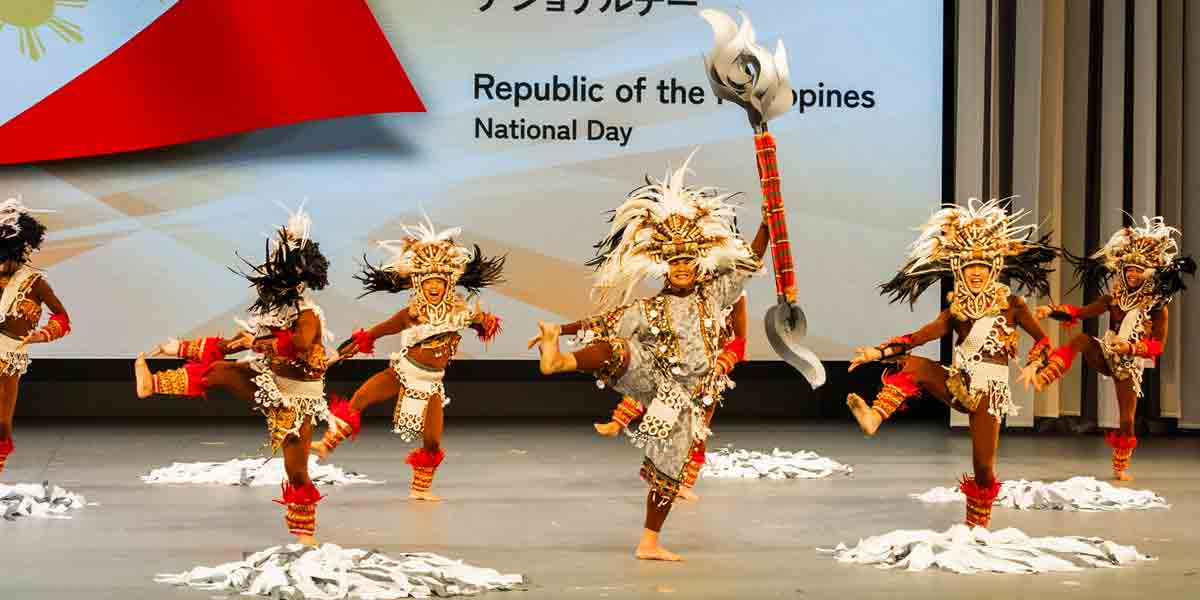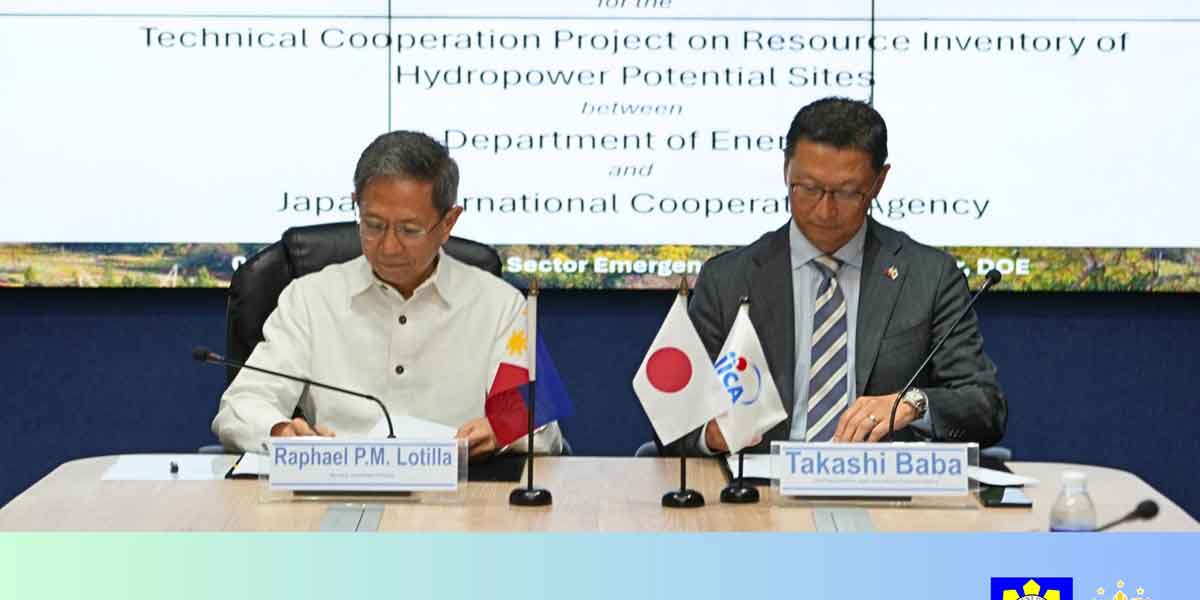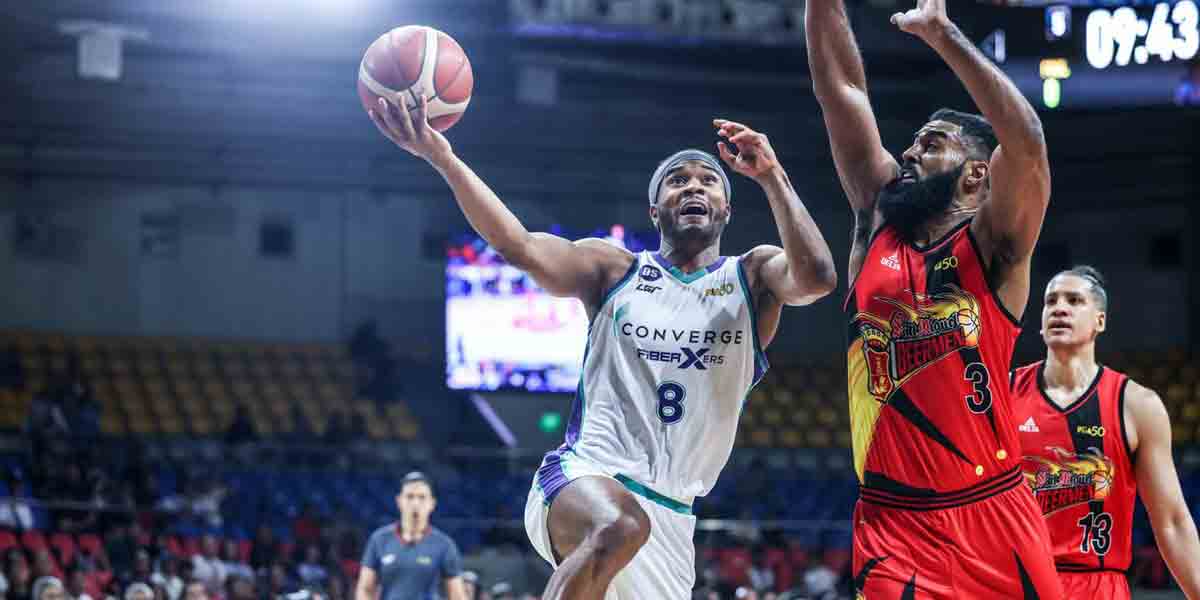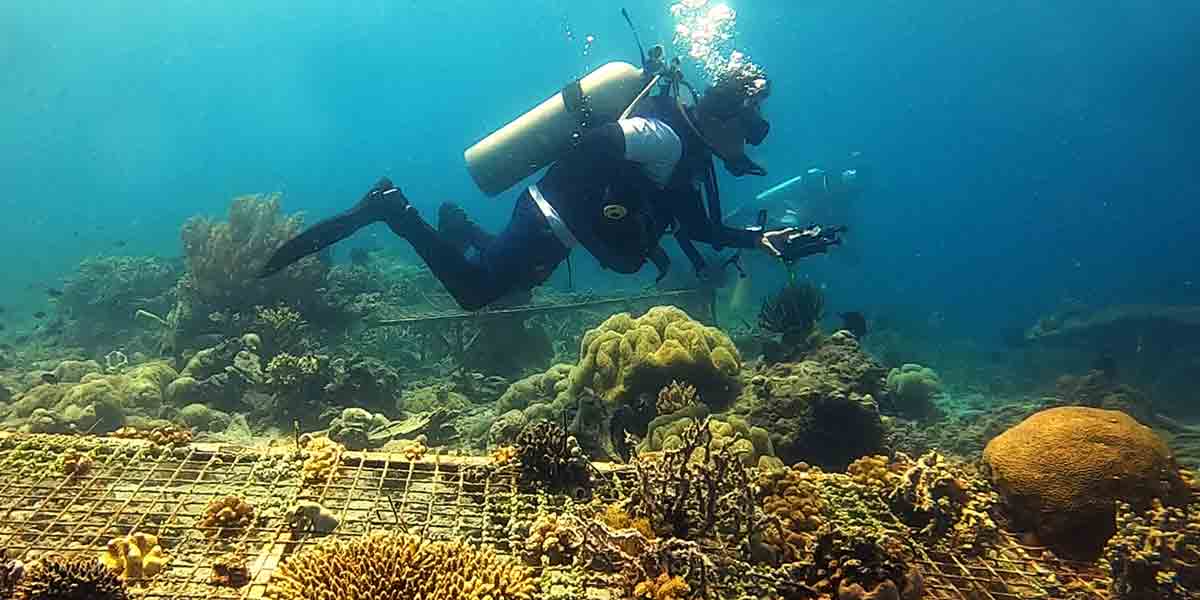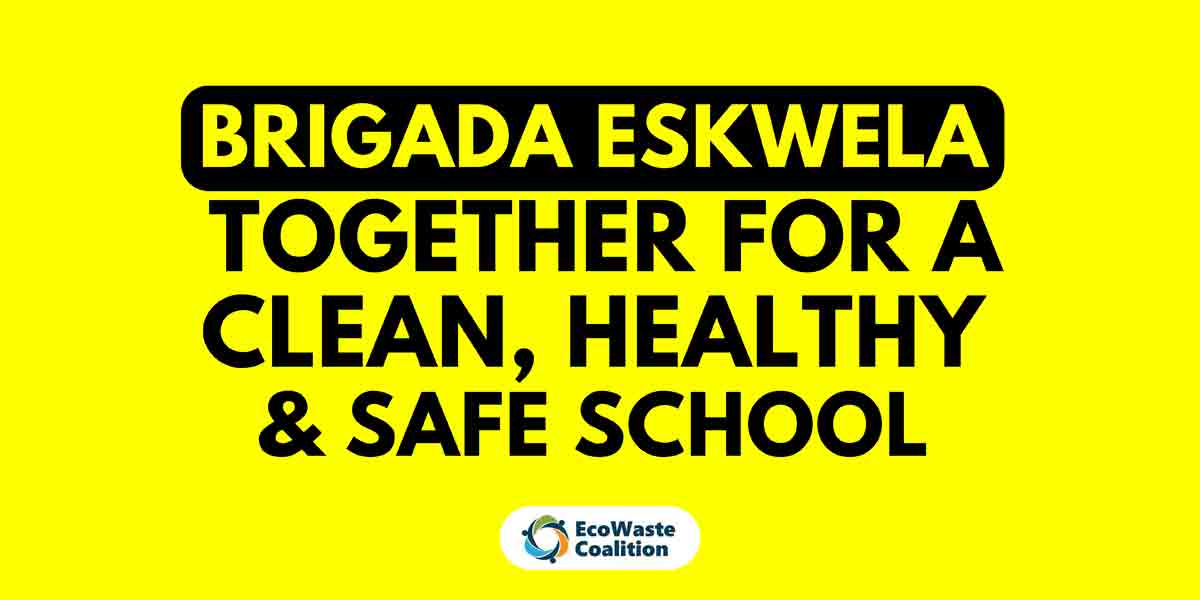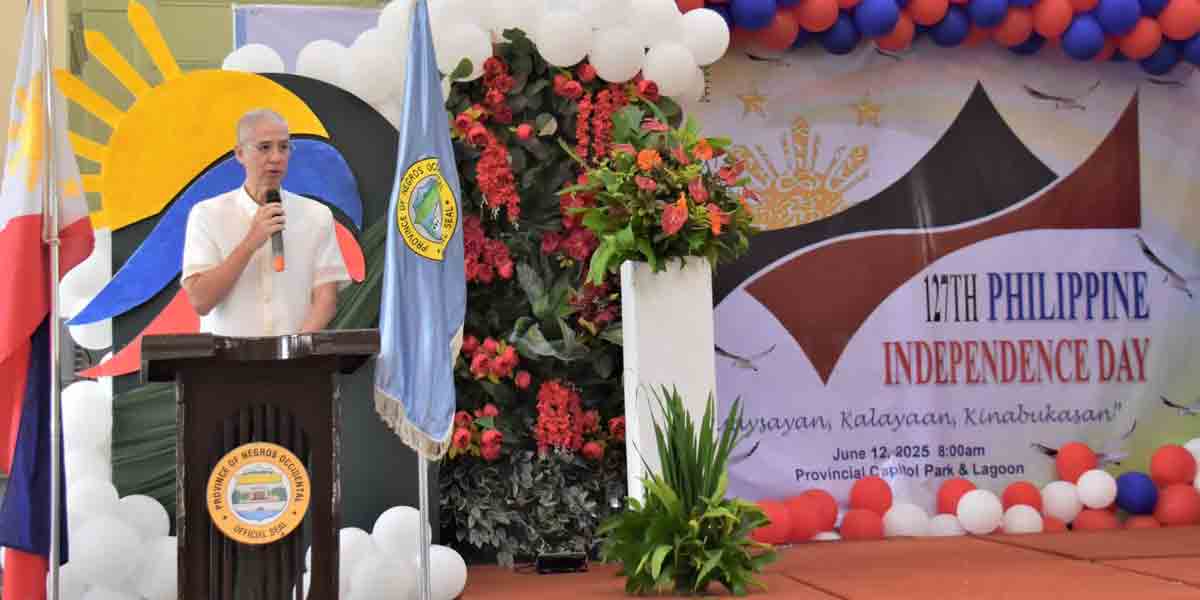By Ma. Louiela Angela A. Mataac
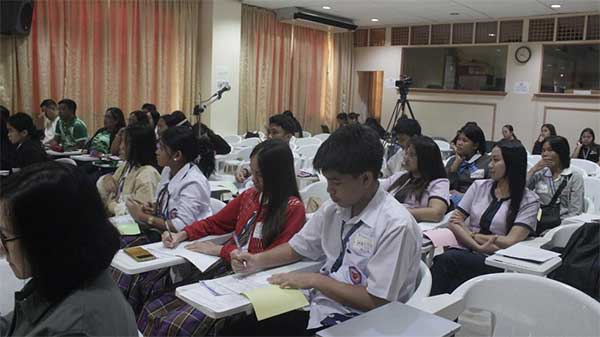
Student journalists and high school publication advisers of Miagao, Iloilo attended the first journalism workshop series with the theme enabling voices to address election-related issues in their community.
The first leg of “Tingog Mo, Tingog Ko: Capacity-building workshop series on journalism” was conducted last October 24-25, 2024 at the University of the Philippines Visayas (UPV), Miagao Interactive Learning Center, in partnership with the Division of Humanities and UPV iWrite.
Prior to this happening, the first-ever training program, “Tingog Mo, Tingog Ko: A Basic Citizen Journalism Workshop on Using Social Media for Social Good” was launched last May 20, 2024 by UPV The Western Visayas Portal (TWVP) in collaboration with Iloilo Science and Technology University (ISAT-U) of Miagao, Iloilo.
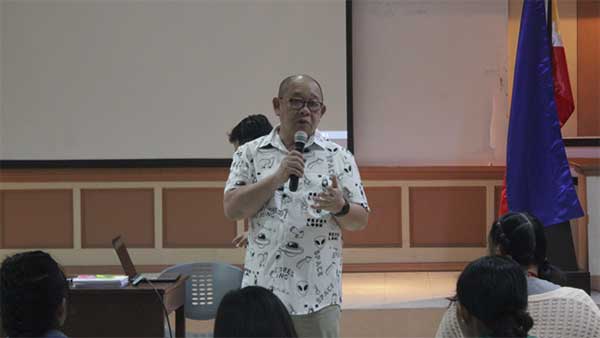
Zoilo Andrada Jr., PhD, pioneer of the Tingog Mo, Tingog ko (TMTK) project and iWrite Adviser, shares his driving factor to bring this advocacy campaign into life, “‘Yung objective ko is really to continue what we have started at Tingog Mo, Tingog Ko at ISAT. Doon ko nakita na meron talagang need [for campus journalists]. That’s why I expanded that activity to a program — so ginawa ko siyang capacity building program sa journalism. This is just a start. “
By amplifying voices, addressing issues of artificial intelligence, and highlighting the critical role of campus journalists in election-related matters, the training program has brought attention to young journalists and local communities, which further encourages the TMTK program to be implemented on a much larger scale.
Inaj Abalajon, instructor at the Humanities Division and a committee member in TMTK, elaborates her insights on this workshop series, “TMTK is geared towards capacitating campus journalists to forward responsible coverage of the elections. Being involved in this workshop sharpens participants’ lens in providing more accurate and truthful reporting during this crucial time.”
The sole purpose of the campus journalism campaign has captivated the interest and motivated the Division of Humanities to support its relevance and partake in this capacity-building initiative.
With the aim to expand, the two-day workshop series covered three “E” themes mainly: Enabling, Expanding, and Empowering campus journalists on election matters.
Centered on enabling voices as the head start, Asst. Prof. Karol Ilagan and Prof. Yvonne Chua accepted the challenge to unwrap the discussions on Election Reporting Basics, usage of Artificial Intelligence in Reporting Election, Interpreting Polls and Detecting Spins and AI, and Election Disinformation.
Asst. Prof. Karol Ilagan, an Assistant Professor of the College of Mass Communication in University of the Philippines – Diliman, focuses on the field of statistical and investigative journalism at the University. She centered the talk on Election Reporting Basics and usage of Artificial Intelligence in Reporting Election.
Meanwhile, Prof. Yvonne Chua, an Associate Professor of the College of Mass Communication in University of the Philippines – Diliman, has been a component of fact-checking campaigns and initiatives that catalog and pin down both foreign and local ventures. Prof. Chua also founded Vera Files, a nonprofit organization geared towards media-related concerns. Accordingly, she spearheaded the discussions on Interpreting Polls and Detecting Spins and AI and Election Disinformation.
This proved that their qualifications and expertise make them the right fit to supervise the young journalists with first-hand experience and impart the right knowledge during the first leg of the TMTK workshop.
Given the weight of elections in the society, Dr. Andrada featured the aforementioned topics while recognizing the significant responsibility of the young journalists in cascading the right information to combat fake news and disinformation to the public sector.
“The voices of the youth are very important in the forthcoming election…I believe their voices should have a platform,” Dr. Andrada highlights.
The capacity building program signifies the first step in providing the campus journalists the right platform to showcase their skills and acknowledge their role and responsibilities during the election season in their locality.
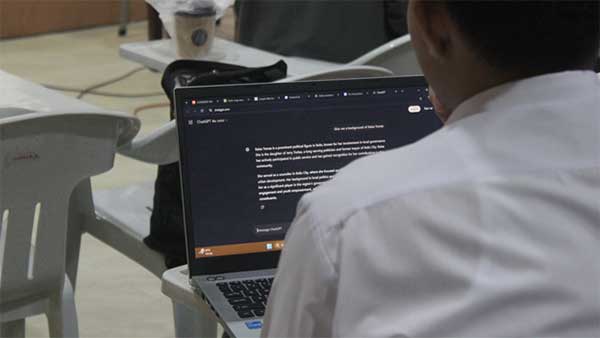
Student Takeaways
The event was attended by a total of 5 out of 7 invited high schools in Miagao, Iloilo. In this event were St. Louise de Marillac School of Miagao, Kirayan National High School, Miagao National High School, Alejandro Firmeza Memorial National High School, and San Rafael National High School. With seven student representatives and along with them were their respective advisers.
In the height of fake news and disinformation during election season, accuracy and factualness remains to be a question. Spotting right information poses a challenge not only for the public but also for the journalists.
Holding fast to the basics, Asst. Prof. Karol Ilagan began by discussing the fundamentals of election reporting before proceeding to briefly talk about artificial intelligence in elections.
“Ang challenge is how do we [journalists] go beyond the narrative — kumbaga ito yung pinopromote ng campaign team. Which is obviously designed to help and promote the candidate,” Asst. Prof. Karol Ilagan shares.
In a lens where these universal campaign strategies are not new to the public eye, she provided a situational analysis as to how campus journalists should align themselves and navigate their way through reporting, investigating, and interpreting their content and news angle to cascade information to the public good.
The first session allowed the campus journalists to craft and deliver their news headlines and angles based on the prompt presented by Asst. Prof. Ilagan. Through utilizing various prompts and evaluating AI results, they also used what they had learned and interacted with their peers in an activity that measured the use of several software tools, including ChatGPT and Google Pinpoint.
Prof. Yvonne Chua, on the other hand, emphasized the importance and prerogative weight of polls, data and statistics, election misinformation, and use of artificial intelligence in her talk.
“[Pre-election survey] is intended to find out, among other things, kung sino ang iboboto nito — pero pre-election surveys are also used to collect public opinion on issues,” Prof. Chua highlights.
Putting this issue in the public eye, educating campus journalists about data collection, polling, and survey functions, and explaining how news coverage should be supported by accurate percentages and reliable facts in an electoral landscape.
“During the workshop it was a slap on my face na hindi enough na dapat marunong ka lang magsulat but rather you have to know how to understand these percentage because it is a big factor when it comes to covering elections,” Joie Casisid, iWrite Public Information Officer (PIO) emphasizes.
The second session clearly conveyed a clear realization on how journalists should not only focus on the area of narratives but also on the basics of how numbers and data should be dissected and interpreted accordingly in their write-ups.
“Sa journalism we realize that not only we write, but it also involves coding and statistics,” Roxene, High School student of Miagao National High School adds.
Through an active participation in a collaborative workshop, Prof. Chua also introduced the campus journalists to various databases on polls and surveys which they can utilize and apply in data gathering and covering news elections in their community.
It further allowed them to understand its functions and harness their learnings both on the proper use of AI and applying the basics as campus journalists.
Furthermore, Avienne, also a student of Miagao National High School highlights, “We have realized that as campus journalists we can mold the public opinion.”
This justifies that regardless of age, the student recognizes her role as a campus journalist to cascade information, impart factual news to the public, and aid the decision-making processes of their locality particularly during election season
Dr. Andrada asserts that the school is part of the community and the school is the first basic step to begin education. The knowledge gained by the student journalists on AI and coding enabled them to see their voices and pushed them to immerse in their community by using their learnings from the two-day workshop series.
Enabling Voices
Targeting young journalists, the workshop series aims to impart a depth of knowledge and amplify the need of developing the necessary skills to be the truth-bearers in their local communities.
“[These] young journalists are aware and conscious of the election-related issues in their community, this workshop is to solely enable their mindset as journalists,” Andrada reiterates.
Proving that the student journalists in this program have more than just a cursory understanding of election issues regardless of being voters and nonvoters. They demonstrated their grasp of the local political environment and their ability to develop their abilities by actively participating in the exercises on using software tools and artificial intelligence (AI) and identifying the importance of lecture discussions by staying involved in its entirety.
“Just because bata tayo o nasa school pa lang doesn’t necessarily concern us. If anything, parang sila nga yung iniisip natin [when] we think about the elections — the present but also the future — which is sila ‘yon, the next generation,” Asst. Prof. llagan also adds.
Understanding the reality that election awareness is not limited with age. In fact, this capacity-building program proved that the campus journalists entail the consciousness of their role and responsibility as both citizens and journalists of the community.
Casidsid demonstrates that as a campus journalist herself, this workshop allowed her to gain confidence to set herself out on field and cover news elections. With her realizing what she is capable of, she clearly recognized that journalists should turn tail to the basics particularly in election coverages.
A thorough survey of the participants also revealed that this program not only stoked their enthusiasm as campus journalists but also gave them the ability to shape public opinion while providing their voices an avenue and platform to better understand their skills.
Dr. Andrada, being the pioneer of the journalism workshop series shares his final insights on the implementation of the first workshop, “For me, the first series is already an awakening on their part of their significant responsibility as campus journalists. I can see that their role as campus journalists can now be expanded in the community. “
Indeed, the first phase of the Tingog Mo, Tingog Ko workshop achieved its objectives in enabling the voices of the campus journalists.
Now that the first workshop has been successfully conducted, the second phase on November 7-8, 2024 gears up for enhancing what the campus journos have learned during the first phase of the capacity-building program.
Ma. Louiela Angela A. Mataac is a 3rd year Communication and Media student at the University of the Philippines Visayas, Miagao, Iloilo

